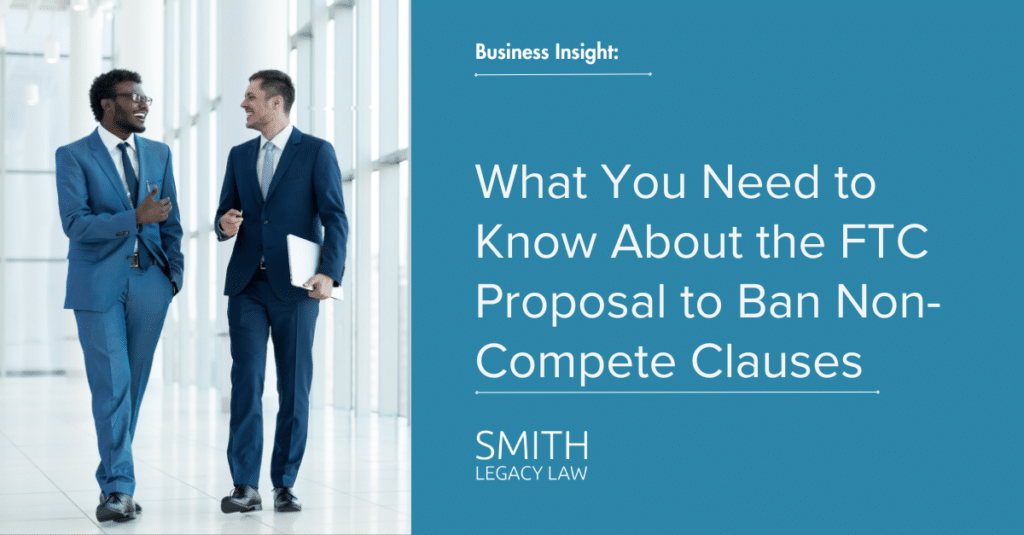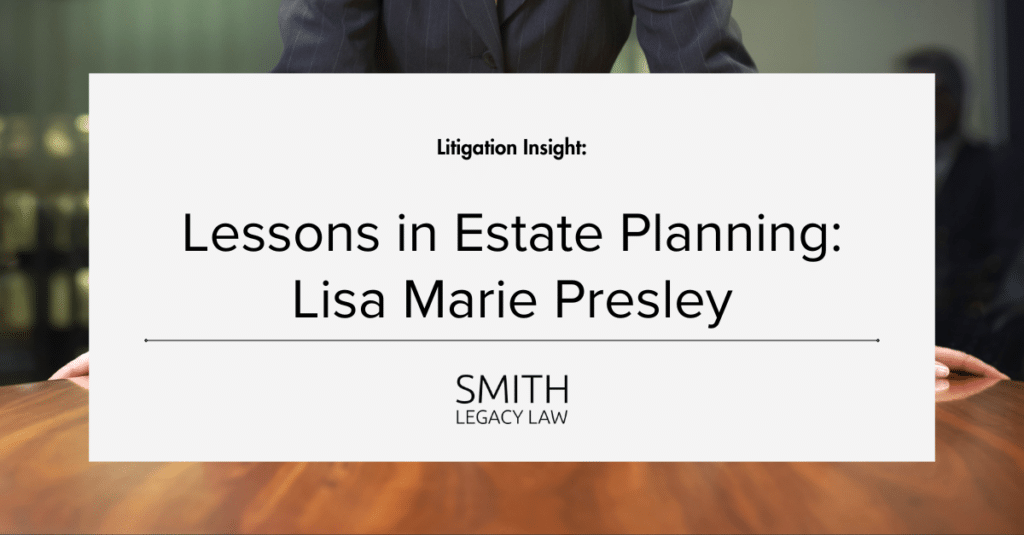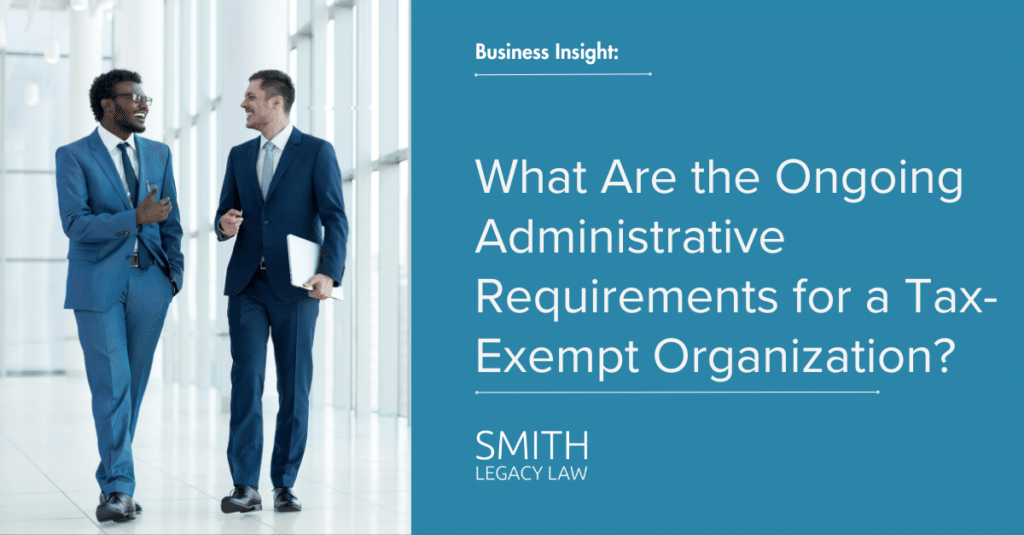Probate and Estate Administration Tips: What Happens When Someone Dies Owning Property?
When someone dies owning property, there is a legal process for distributing the person’s assets. This process begins in Probate Court. There are numerous rules and procedures in Probate Court and they differ depending on whether the individual who died (the...
What You Need to Know About the FTC Proposal to Ban Non-Compete Clauses
On January 5, 2023, the Federal Trade Commission (FTC) proposed a new rule which would ban all non-competes nationwide. Non-competition agreements have been criticized by many labor groups and some states already prohibit them. The difference is that the FTC rules...
Lessons in Estate Planning: Lisa Marie Presley
The battle over the estate of Lisa Marie Presley is the latest dispute involving celebrities who died without proper estate planning. While most people don’t have an estate as large as the Presley’s, there are important lessons for anyone to learn from this...
What Are the Ongoing Administrative Requirements for a Tax-Exempt Organization?
Once you have established a tax-exempt organization (or nonprofit), there are ongoing administrative and reporting requirements. An attorney well versed in tax-exempt status can advise you regarding how to ensure you are running your organization properly, as,...
Should You Use a No-Contest Clause in Your Will or Trust?
No one wants to draft a will or trust leaving assets to beneficiaries only to have one of them sue the estate or trust. Unfortunately, there is no surefire way to prevent someone from contesting a will or trust, but a no-contest clause can minimize the risk of...
How Do You Qualify Medically for Long-Term Care Coverage Under Medicaid?
If you or a loved one needs long-term care coverage, Medicaid is one possible way to pay for that care. However, there are two parts to qualifying for Medicaid coverage. First, you must meet certain financial requirements that establish how much income and assets...





